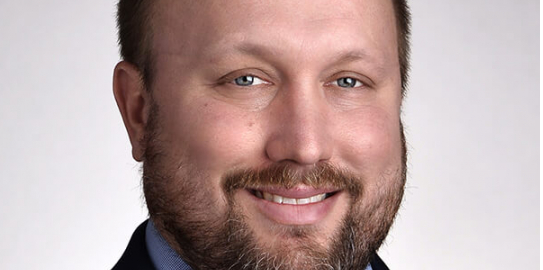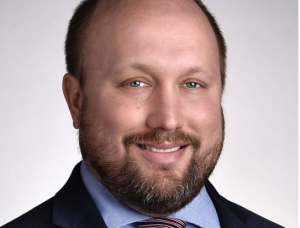
Welcome Community Projects Funding: Federal Money for Local Projects

Those of us who have been around lobbying and government for a long time are eager to see the return of earmarks as expected in the 117th Congress. Following a period of explosive growth in the 1990s earmarks got a bad reputation and ultimately were banned a decade ago. Importantly, the ban does not exist in law; instead, it is governed by Conference Rules.
House Appropriations Committee Chair Rosa L. DeLauro (D-Connecticut) announced a plan to establish Community Project Funding – a new approach to earmarks intended to overcome Republican and public disdain for earmarks.
Community Projects Funding will incorporate a number of transparency provisions implemented following earmark scandals of the early 2000s and prior to the ban. Safeguards include requiring members of Congress to disclose funding requests on their websites, release of a list of approved projects by the Appropriations Committee and certification by members that neither they nor any immediate family member have a “financial interest in the projects they request.” You can find a summary of reforms here: https://appropriations.house.gov/sites/democrats.appropriations.house.gov/files/documents/Community%20Project%20Funding%20-%20Fact%20Sheet%20on%20Reforms_0.pdf
Members of Congress may request Community Project Funding for up to 10 initiatives on behalf of state and local governments and non-profit organizations. It is expected that subcommittees evaluating the requests will approve fewer than 10 per member and overall, Community Project Funding is capped at one percent of discretionary funding. For perspective, based on 2021 discretionary spending, available Community Project Funding would be capped at $13 billion.
This is a great opportunity for non-profits and governments to secure funding needed for key projects. In the past, I helped get earmark funding for hospitals, municipalities and community based not-for-profits for specialized diagnostic equipment and electronic management systems, as well as Main Street upgrades, water and sewer improvements and other transportation system investments.
In Federal FY 2010, 512 projects in New York were earmarked to receive more than $300 million. Recipients included health centers, public and private universities, local Industrial Development Agencies (IDAs), programs to reach at-risk youth, domestic violence shelters, providers of services for people with disabilities, sexual assault response teams, and alternative energy projects. All projects are disclosed and searchable by Member of Congress at OpenSecrets.org.
Reviewers of past earmark project lists will note that private businesses were eligible for funding and many received grants. The disqualification of for-profit businesses under the Community Project Funding program increases the availability of funds for governments and non-profits.
At Brown & Weinraub, we will be advising clients to consider requesting funds to fill gaps preventing them from pursuing a project with broad community benefit. Organizations across New York have ready projects for which they have sought support through the NYS Consolidated Funding Application (CFA) influenced by the Regional Economic Development Councils. While state CFA funding is limited to capital projects, federal Community Project Funding is available to support operational costs.
It is good practice for non-profits and governments to seek support for projects they have already determined are needed and that have the potential to be sustained without continued grant support. Applicants should be prepared to quantify the benefits of federal investment in terms such as number of New Yorkers served, increased access to services, long term benefits of investment, protection of community assets, improved security and potential use of study results, among others. Given the checkered history of earmarks, applicants also must ensure that projects can be completed and will stand up to public scrutiny.
Community Project Funding is a welcome, revised approach to involving members of Congress – who know the area they represent and the needs of constituents best – in the distribution of federal taxpayer dollars. We should all work to help New York get its fair share and secure funding for essential projects with broad benefits.
Alexander L. Betke is an attorney and registered lobbyist focusing his practice on Government Relations and Municipal Law, a unique combination of legal concentrations allowing him to meet clients’ needs at all levels of government and to provide innovative resolutions to a variety of legal challenges. Having served as Town Supervisor in New York’s Hudson Valley, Alex is well-versed in local issues, and has strong relationships with elected officials throughout the state and those serving at the federal level. Alex has successfully secured passage, averted advancement and amended numerous legislative initiatives.
